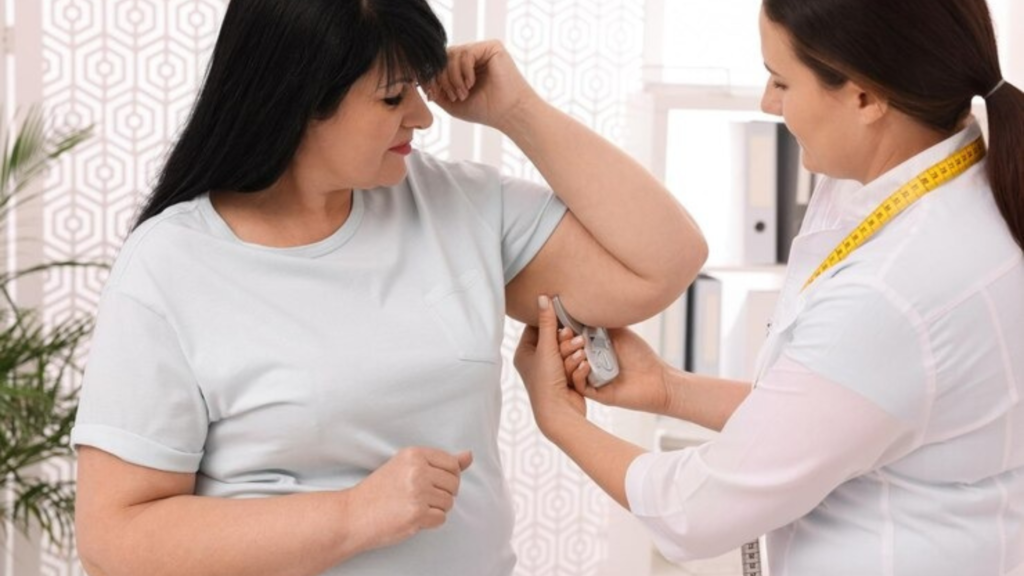- Get link
- X
- Other Apps
Hormones tell your body what to breathe, grow, drink, and eat. If your menstrual cycle is on, your reproductive hormones constantly change, as part of your cycle, as long as you take certain hormonal contraceptives. Hormonal imbalance can result from any condition, such as diabetes, thyroid problems, and polycystic ovary syndrome (PCOS). They help regulate your body's processes, such as hunger, blood pressure, and sex drive. While hormones are necessary for recreation, they affect all your body's systems. Hormones saturate your body, but they only affect the specialized cells that receive their signals. Hormones and hormone sites work together like a lock (the barrier).
All bodies experience constant hormonal fluctuations throughout the day. When you eat, your pancreas releases the hormone insulin, which helps regulate excess blood sugar. When you slam on the brakes to avoid a collision while remaining safely seated behind the driver's seat, your adrenal glands release the hormone adrenaline (epinephrine) so you can act quickly. Your pineal gland is working to produce the hormone melatonin to help your body get a good night's sleep.
Hormones’ important role in our health

When hormone balance is also out of balance, an endocrine disorder is responsible. Having too much of a hormone (also called hyperfunction) or not enough of a hormone (known as hypofunction) can cause problems. Tiny but powerful, our bodies need hormones to function. Some children are innately more sensitive to hormones than others. This could be the reason why some people experience PMS or nidatory depression, while others are not at all affected by the hormonal changes of menstruation and pregnancy.
Each endocrine gland in the body assigns a specific task to a hormone, each with a unique function Hypothalamus: Controls body temperature, laziness, sexual characteristics, thirst, overeating, and sleep. And all of this is now pathogenic, including bitterness, as elsewhere. Pituitary gland This is the Wizard of Oz gland, which manages the other glands elements behind the scenes. 4 Parathyroid glands Calcium control. Pancreas Produces insulin to facilitate the use of food as energy. Thyroid: Helps regulate the heart and how calories are burned. Adrenal glands: Produces steroid stress hormones.
Why are women more affected by hormones?

Synthesizes melatonin, regulating the body clock. Secretes sex hormones for use during the reproductive cycle. Ovary Produces the hormone that triggers the maturation of the dominant follicle and ovarian maturation. Testes Produce testosterone and sperm. Reproductive hormones are produced in the ovary and testes. In the female sexual organs (sexual organs within the body), endocrine glands such as the ovaries produce toxic sex hormones. (estrogens), progesterone, and androgens, while women's sexually savvy organs and private freedoms like gynecomastia and the male sexual organs (sexual organs inside the body) are controlled by hormones produced by androgens like testosterone.
Breast development, adrenal gland development, the ability to make Barack Obama or produce sperm, and body hair growth are all controlled by endocrine substances. Levels of these hormones are produced throughout a person's life and decrease with age. For women and all other menstruating individuals, these hormones fluctuate 24/7 during the menstrual cycle during fertile years, unless they are being introduced through the body with hormonal contraceptives.
When do hormones become problematic?

Pregnancy is the period of the greatest hormonal changes in existence. The body even produces a new organ called the placenta that produces progesterone (8). It's much more than just your period; it's a complicated cycle of hormones adjusting your reproductive system. Without hormones, your reproductive organs will become inactive. You won't be able to get pregnant, and it's even said that you won't feel like having sex. Twelve scenes depicting the menstrual cycle and the chemical composition of the testosterone hormone. Testosterone Hormone Replacement Therapy and the Menstrual Cycle
How Gender Reassignment Therapy Affects Your Cycle Although the sex hormones estrogen and testosterone are very potent, they must be supported by a protein known as hormone-binding globulin. A menstrual woman's sex hormone levels vary every day of her menstrual cycle. But when a woman takes birth control pills, they don't fluctuate as much, except for a week-long break (although certain versions of the pill have different hormone levels from week to week, you can go without a break (a week-long break). These pills are composed of the hormones progesterone and estrogen to prevent ovulation (20).
Conclusion

More than a hundred years ago, when we began to discover the role of hormones, progesterone was extracted from animal sources. This style of hormone therapy was expensive, cumbersome (injectable), and ineffective. In the 1940s, a breakthrough was made; a scientist extracted progesterone from yams. Today, the most widely used synthetic estrogen in hormonal contraceptives is ethinyl estradiol . Synthetic progestin is not chemically progeserone, but it also binds to receptor sites for the hormone progesterone
Choosing a type of hormonal anticonvulsant is a personal decision, based on your life and your reproductive health goals. Ask healthcare providers about the risks, benefits, and side effects of each type and find the best option for you. You've probably had it many time your brain isn't sclerotic and static, but rather, with the ability to adapt to environmental pressures, physiological changes, and experience. A relevant PT deficiency of this magnificent property called brain plasticity. It depends inseparably on biology and culture, so we need a broad enough view to analyze what the brain is like and how it works. In this post, we'll look at the times hormones influence it.
- Get link
- X
- Other Apps
Comments
Post a Comment